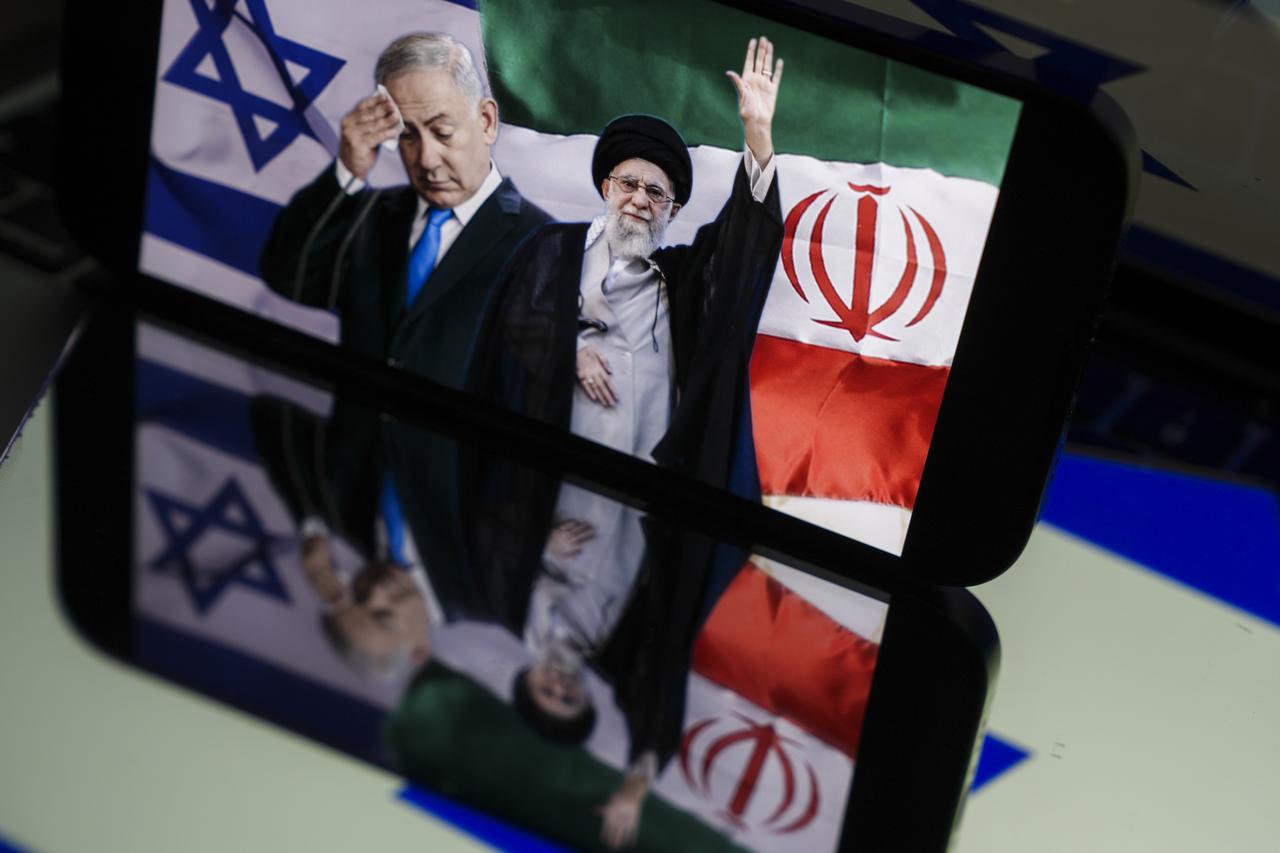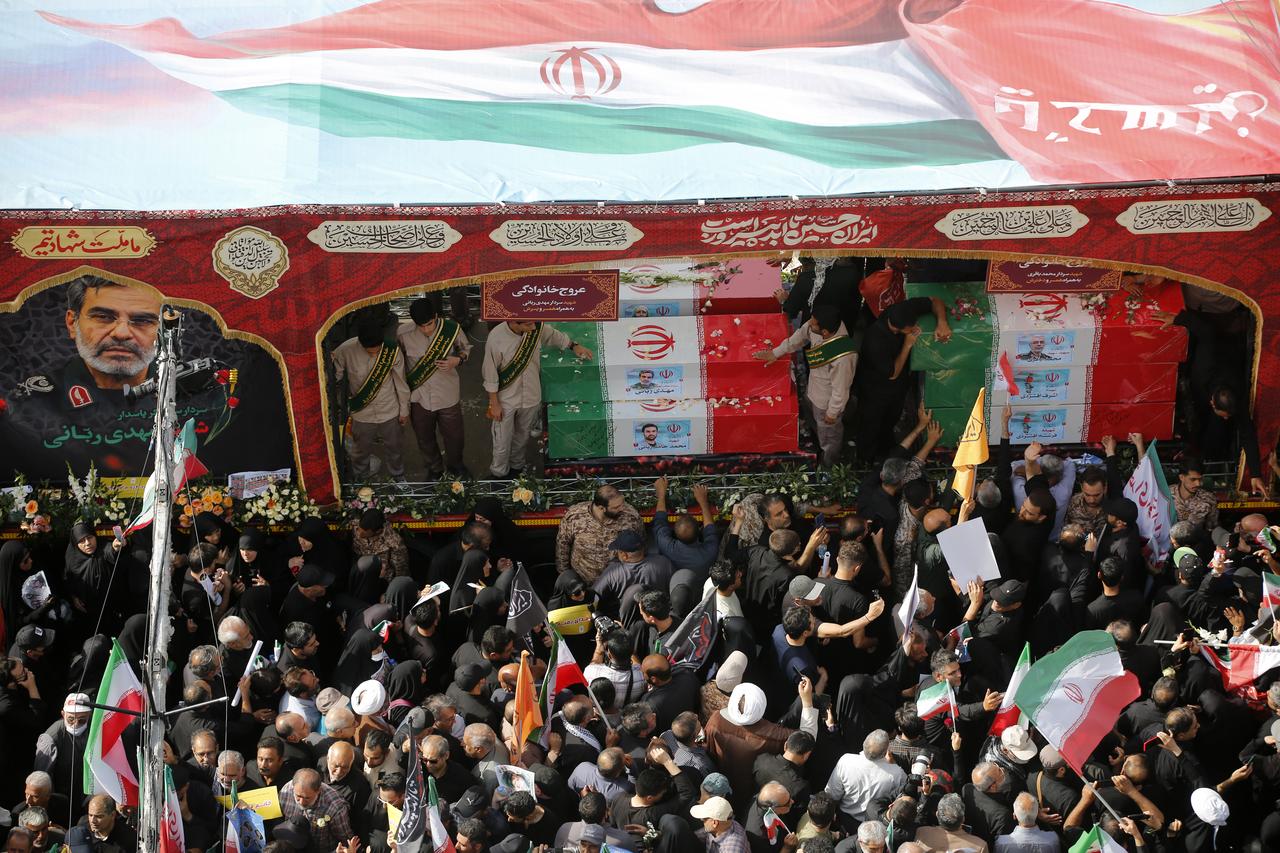
Iran on Sunday voiced skepticism over Israel’s commitment to a fragile cease-fire that ended the most intense and destructive confrontation to date between the two archrivals, warning it is prepared to retaliate if hostilities resume.
The 12-day war, which erupted on June 13 when Israel launched a surprise bombing campaign inside Iran, targeted senior military commanders and nuclear scientists. Tehran responded with ballistic missile attacks on Israeli cities. The conflict killed at least 627 civilians in Iran and injured nearly 5,000, according to the Iranian Health Ministry. Israeli authorities reported 28 deaths from Iranian missile strikes.
Israel said its offensive aimed to prevent Iran from developing nuclear weapons—an ambition Tehran has consistently denied, insisting its nuclear program is for peaceful civilian purposes.
“We did not start the war, but we have responded to the aggressor with all our power,” Iranian armed forces chief of staff Gen. Abdolrahim Mousavi told state television. “We have serious doubts over the enemy’s compliance with its commitments, including the cease-fire. We are ready to respond with force.”
The cease-fire was announced by United States President Donald Trump six days earlier. However, tensions remain high.
The conflict disrupted ongoing nuclear negotiations between Tehran and Washington. The United States later joined Israel’s strikes, deploying bunker-busting munitions to hit Iranian nuclear facilities in what Trump said was a successful operation to “end” Iran’s atomic program.
Iran has since denied access to those bombed sites for the U.N.’s International Atomic Energy Agency, accusing Director General Rafael Grossi of “betraying his duties” by not condemning the U.S. and Israeli attacks.

Parliament voted to suspend cooperation with the IAEA, and Foreign Minister Abbas Araghchi dismissed Grossi’s request to inspect the sites as “meaningless” and “possibly malign in intent.”
Iranian officials also cited a June 12 IAEA resolution criticizing Iran’s transparency as a pretext used by Israel to justify launching its offensive the following day.
Germany and Argentina issued statements supporting Grossi and condemning threats allegedly made against him. Iranian state-aligned newspaper Kayhan recently accused Grossi of being an Israeli spy and called for his execution if he enters the country.
In a letter to U.N. Secretary-General Antonio Guterres, Araghchi demanded the Security Council hold Israel and the United States responsible for initiating the conflict and sought formal acknowledgment of their liability for reparations.
Trump has warned of further strikes if Iran resumes high-level uranium enrichment. The IAEA says Iran had previously enriched uranium to 60%, well above the 3.67% cap under the 2015 nuclear deal from which Trump withdrew in 2018. Weapons-grade uranium requires enrichment to 90%.
Israel has never confirmed or denied possessing nuclear weapons, but the Stockholm International Peace Research Institute estimates its stockpile at around 90 warheads.

During the war, Iran arrested dozens of individuals it accused of spying for Israel and claimed to have seized drones and other military equipment.
On Sunday, parliament voted to ban the unauthorized use of foreign communications systems, including Elon Musk’s Starlink satellite internet.
Iran has also rejected claims it evacuated enriched uranium before the U.S. strikes. Trump told Fox News the material’s weight and the surprise nature of the attacks made evacuation “hard” and “dangerous.”
He dismissed the notion as “not true,” saying: “They didn’t move anything. They didn’t think it was going to be doable what we did.”
Despite the tensions, Trump said he would consider lifting sanctions if Iran demonstrates peaceful intentions and cooperates with the United States.
“If they can be peaceful and if they can join us, they’re not going to do any more harm, I would take the sanctions off,” Trump said in a Fox News interview aired Sunday., calling sanctions relief a potential game-changer for Iran’s economy.
Meanwhile, he also reiterated his rejection of claims Iran evacuated enriched uranium before US strikes, citing the material's weight and logistical challenges.
Trump said America "did not give much notice" before attacks, making material removal "hard" and "dangerous."
Additionally, U.S. Ambassador to Türkiye Tom Barrack echoed that sentiment, telling Turkish news agency Anadolu the recent conflict might create space for renewed diplomacy.
“What just happened between Israel and Iran is an opportunity for all of us to say: ‘Time out. Let’s create a new road,’” Barrack said.
Trump also hinted at further expansion of the Abraham Accords—normalization agreements between Israel and Arab states—claiming that more countries are now interested in joining, though he did not name them.
“Iran was the primary problem,” he said. “Now that we’ve handled that, I think we’re going to start loading them up.”